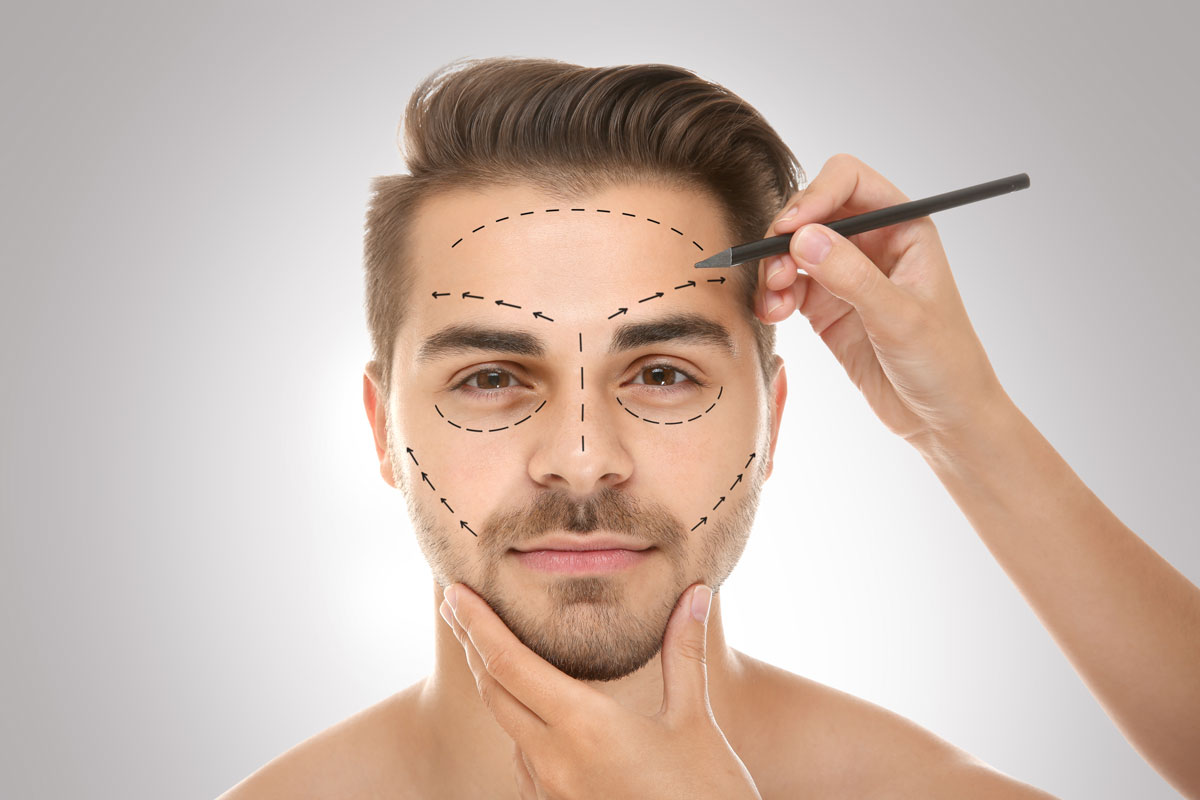Mommy Makeover Rancho Cucamonga: Redeem Your Pre-Baby Body with Customized Treatments
Examining the Emotional and Social Variables That Drive Individuals to Think About Cosmetic Surgical Treatment as a way of Enhancement
The choice to seek plastic surgery often expands past plain visual appeals, intertwining with psychological and social dynamics that merit comprehensive evaluation. Factors such as self-worth, prevalent societal charm standards, and the prevalent impact of social networks converge to form private motivations for surgical improvement. As these influences come to be significantly popular, understanding the underlying cultural and psychological contexts is necessary. What remains to be discovered is the extensive impact these variables have not only on individual identity yet likewise on more comprehensive social norms and worths surrounding elegance and acceptance.
The Function of Self-Esteem
Self-worth significantly influences a person's choice to seek cosmetic surgical treatment. People with low self-confidence often view themselves in a negative light, causing sensations of insufficiency regarding their physical appearance. This adverse self-perception can drive them to seek surgical interventions as a method of enhancing their self-image. The wish for enhancement in one's appearance is regularly linked to an idea that such modifications will certainly raise their general self-worth and confidence.

Eventually, the duty of self-worth in the decision-making procedure relating to cosmetic surgery highlights the complicated interplay between body picture, personal complete satisfaction, and mental health. Comprehending this connection is critical for medical care professionals to ensure that people are making educated decisions rooted in sensible expectations and emotional health.
Societal Charm Specifications
Influenced by prevalent media representations and social narratives, social charm standards play a critical role in shaping people' understandings of their very own bodies. These requirements are frequently defined by an idyllic form of elegance that emphasizes traits such as symmetry, youthful vigor, and slimness. As these ideals are bolstered through various channels, consisting of movie, advertising, and tv, people frequently internalize these messages, bring about discontentment with their natural look.
The effects of these societal norms prolong beyond visual choices; they can affect self-worth, mental health, and social partnerships. People who view themselves as falling short of these standards may experience feelings of inadequacy, motivating a desire for cosmetic surgical treatment as a method of attaining societal approval. This quest is frequently sustained by the idea that adapting these perfects will boost not just physical look however additionally social standing and personal satisfaction.

Influence of Social Media
The influence of social appeal requirements is more enhanced by the increase of social media systems, where curated pictures and idyllic depictions of appeal are common. Customers are frequently subjected to filtered and modified photos, which usually depict unattainable physical attributes. This direct exposure cultivates a society of contrast, leading people to examine their own look against these frequently unrealistic standards.
Social media site influencers and stars often promote cosmetic procedures, normalizing the idea that surgical improvements are a practical methods for accomplishing social suitables (plastic surgery rancho cucamonga). The visibility of these improvements can create an assumption that undertaking cosmetic surgical treatment is a basic practice, consequently influencing individuals to consider similar treatments as a path to enhanced self-esteem and social approval
In addition, the interactive nature of social media enables instant responses via sort and comments, even more enhancing the need to adapt popular charm criteria. Such communications can worsen feelings of insufficiency and drive individuals toward plastic surgery as a way of acquiring recognition. Ultimately, social networks plays an essential duty in shaping understandings of beauty, which significantly influences the decision-making processes surrounding cosmetic surgical treatment.

Cultural Point Of Views on Appearance
Across different cultures, assumptions of appearance are deeply rooted in read historical, social, and economic contexts, shaping individuals' sights on appeal and charm. In numerous societies, look serves as a considerable marker of identity, affecting social standing, expert chances, and personal partnerships. For instance, in some societies, light skin is frequently connected with wide range and opportunity, while others may glorify darker skin tones as icons of toughness and authenticity.
Furthermore, standard beauty criteria are frequently perpetuated through social stories, media representations, and household affects, bring about differing perfects across various regions (plastic surgery rancho cucamonga). In Western societies, the focus on young people and physical conditioning typically drives individuals toward aesthetic enhancement, while in specific Eastern cultures, more refined adjustments aligned with typical aesthetics may be favored
Globalization and the expansion of electronic media have additionally complicated these characteristics, creating a hybridization of appeal ideals that goes beyond geographical borders. As individuals significantly navigate these cultural stories, the stress to adapt specific appearance criteria can bring about the desire for cosmetic surgical treatment, reflecting a complex interplay of personal ambitions and cultural worths. Comprehending you can check here these social perspectives is essential in dealing with the inspirations behind plastic surgery factors to consider.
Psychological Influences of Cosmetic Surgery
Many people seeking plastic surgery record experiencing profound psychological effects that can considerably alter their self-perception and psychological health - plastic surgery rancho cucamonga. The wish for physical improvement commonly comes from underlying concerns such as reduced self-confidence, body dysmorphic disorder, or social stress relating to charm standards. For some, the immediate post-operative phase can bring about a momentary boost in self-esteem and complete satisfaction with their look, cultivating a sense of empowerment
Nevertheless, these favorable sensations might not be enduring. Study shows that while some people experience improved self-worth, others may encounter intense anxiousness or clinical depression if their expectations are not met. This inconsistency can emerge from impractical perfects continued by media representation and social narratives surrounding beauty.
Additionally, the emotional ramifications of plastic surgery expand past the person. Relationships with family members and buddies may be stressed as social characteristics change, bring about sensations of seclusion or alienation. Eventually, the emotional impacts of cosmetic surgical procedure are complex and intricate, requiring cautious factor to consider by both potential individuals and special info medical care providers to make sure informed decision-making and reasonable expectations.
Verdict
In conclusion, the decision to go after cosmetic surgical treatment is substantially influenced by a combination of self-worth problems, societal beauty criteria, and social viewpoints on appearance. The prevalent reach of social media sites further intensifies these pressures, promoting impractical suitables that people usually make every effort to achieve. Recognizing these psychological and social factors is important for resolving the motivations behind plastic surgery, highlighting the requirement for an extra nuanced conversation surrounding appeal and self-acceptance in contemporary culture.
The choice to go after cosmetic surgery typically expands beyond mere aesthetics, linking with social and mental characteristics that merit detailed evaluation. Inevitably, social media plays a critical duty in shaping assumptions of beauty, which significantly affects the decision-making processes surrounding cosmetic surgical procedure.
As individuals progressively navigate these cultural narratives, the stress to adhere to specific appearance standards can lead to the desire for cosmetic surgery, reflecting an intricate interplay of personal desires and cultural values.In conclusion, the decision to go after cosmetic surgical procedure is substantially affected by a combination of self-esteem problems, social elegance standards, and social point of views on appearance. Comprehending these social and emotional elements is vital for dealing with the motivations behind cosmetic surgical treatment, highlighting the requirement for a much more nuanced conversation bordering elegance and self-acceptance in modern culture.